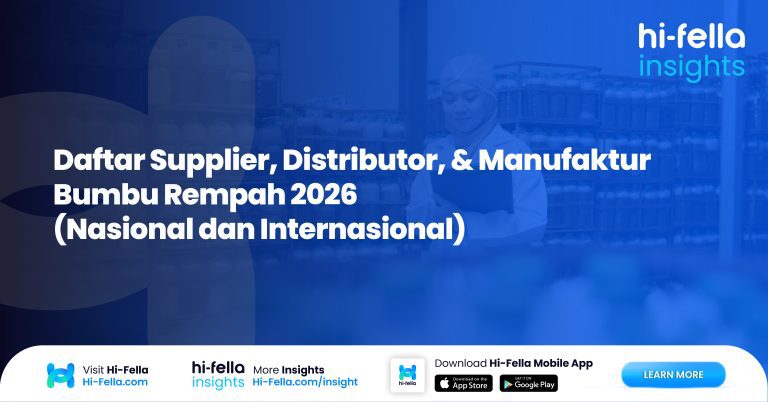Table of Contents
Explanation of climate change’s effects on businesses, including extreme weather events, supply chain disruptions, and regulatory changes.
Climate change is no longer a distant threat but a pressing global reality. Its effects are far-reaching and extend into the realm of business operations, making it imperative for business owners, executives, entrepreneurs, policymakers, and professionals to understand its consequences. In this comprehensive article, we will address the multifaceted impacts of climate change on businesses, from economic risks to sustainability strategies.
So what are Climate Change’s Effects on Businesses?
1. Extreme Weather Events
Climate change leads to an increase in extreme weather events such as hurricanes, floods, droughts, and wildfires. These events can disrupt operations, damage infrastructure, and lead to substantial financial losses. Businesses must adapt and build resilience to withstand these challenges.
2. Supply Chain Disruptions
Rising temperatures and erratic weather patterns can disrupt supply chains. For example, agriculture may be affected by changing growing seasons, leading to food shortages. Businesses reliant on global supply chains must anticipate and mitigate these disruptions.
3. Regulatory Changes
Governments worldwide are implementing stricter environmental regulations to combat climate change. Businesses may face increased compliance costs and fines if they fail to align with these regulations. Staying informed and proactive in addressing regulatory changes is essential.
What are the Financial Risks of Climate Change?
1. Costs of Inaction
The financial risks associated with climate-related events are substantial. Inaction can lead to increased insurance costs, property damage, and reduced productivity. Statistics and data showcase these financial risks, emphasizing the importance of proactive measures.
2. Opportunities in Sustainability
While climate change poses risks, it also presents opportunities for forward-thinking businesses. Investing in renewable energy sources, adopting sustainable practices, and catering to climate-conscious consumers can lead to long-term profitability.
There are also International Climate Agreements and Implications for Businesses. The Paris Agreement, an international climate accord, sets ambitious goals for reducing global greenhouse gas emissions. Businesses need to monitor international climate agreements closely, as they can lead to changes in regulations, carbon pricing, and market dynamics.
How to mitigate Climate Change?
To mitigate Climate Risk and Contribute to Sustainability, there are a few steps we can take, such as:
1. Carbon Footprint Reduction
Businesses can implement strategies to reduce their carbon footprint. This includes energy efficiency measures, transitioning to renewable energy sources, and optimizing transportation logistics.
2. Sustainable Practices
Incorporating sustainability into business models is crucial. This can involve reducing waste, responsibly sourcing materials, and engaging in circular economy practices.
3. Environmental Responsibility
Businesses can contribute to environmental sustainability by supporting conservation initiatives, participating in reforestation efforts, and promoting eco-friendly products and services.








